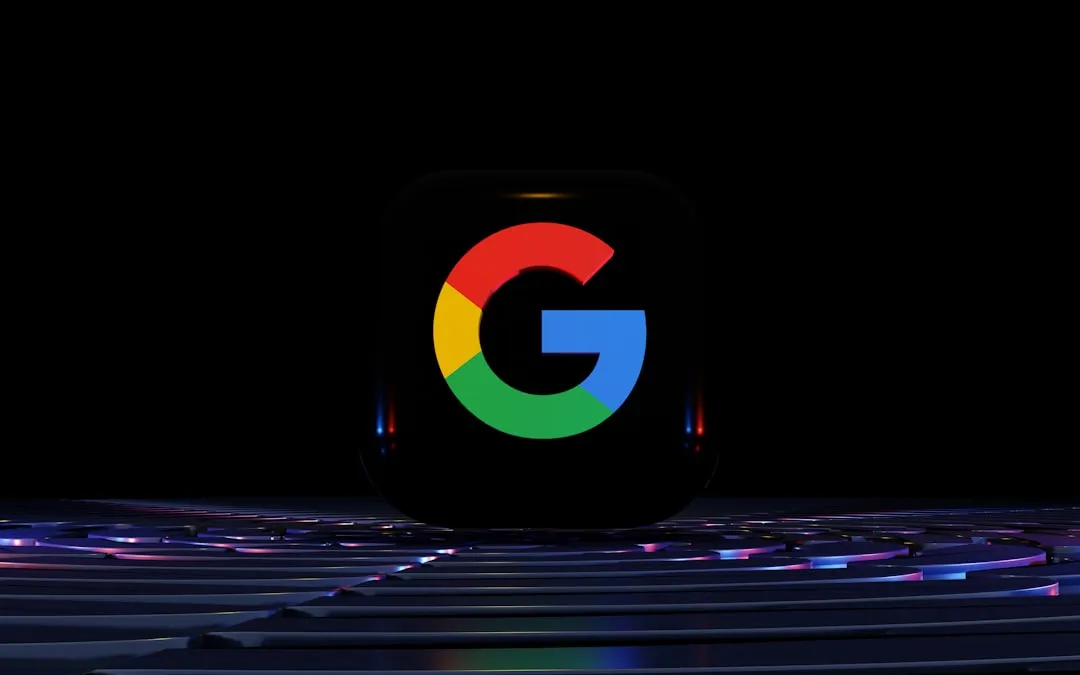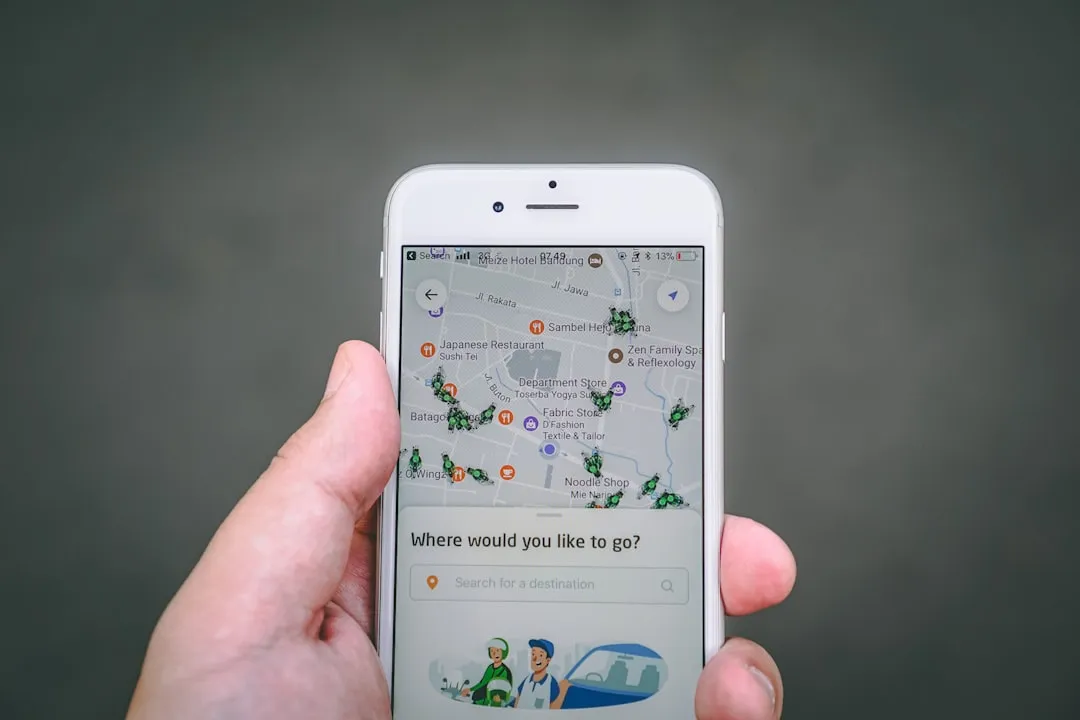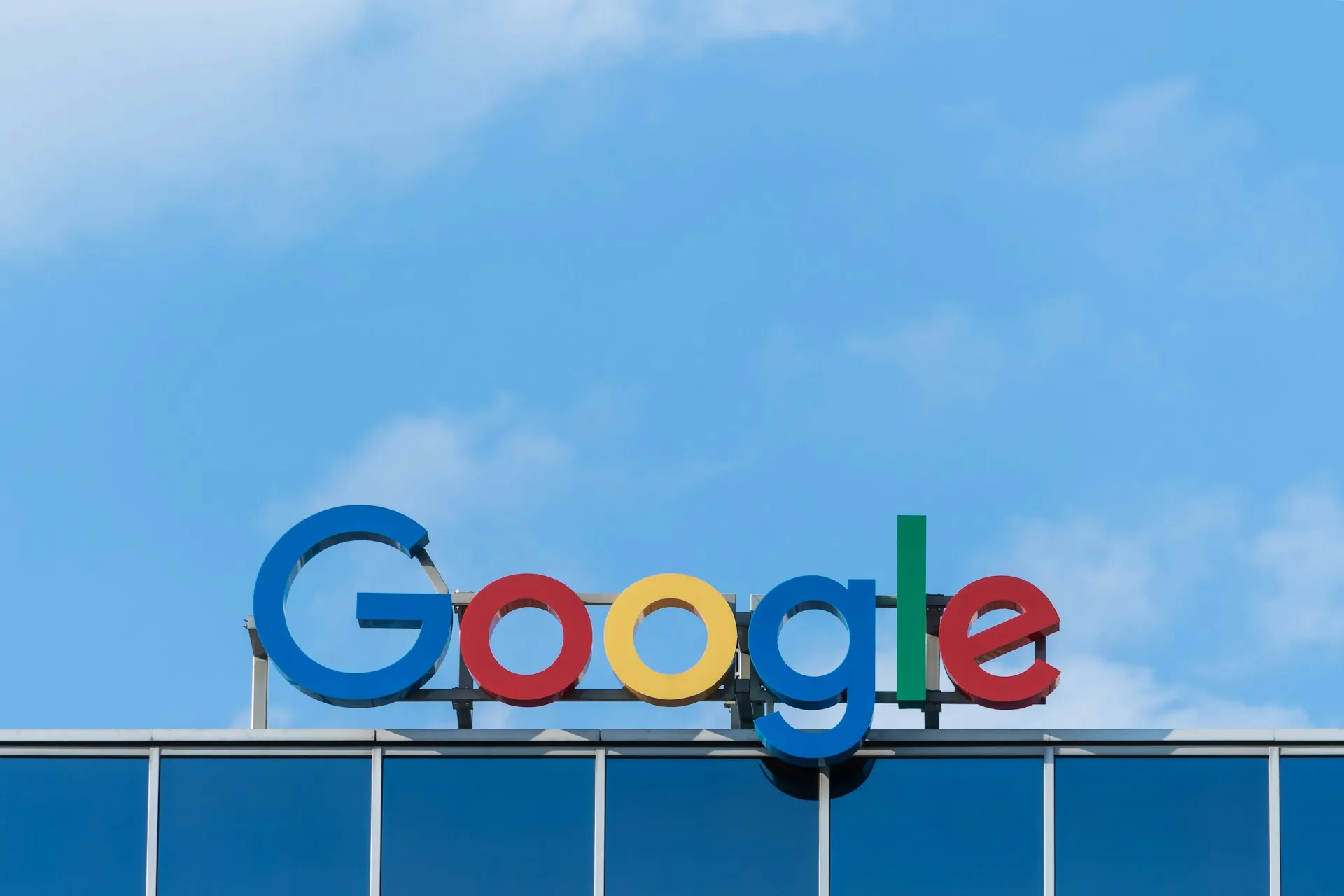Google's latest Gmail changes quietly shifted how millions of private communications work behind the scenes, and most users discovered these modifications after they were already active. The search giant has implemented AI features that allow Gemini to analyze private messages and attachments for training purposes, with these settings enabled by default instead of requiring explicit user consent.
The scale of this change is unprecedented. We're looking at over 1.8 billion Gmail users worldwide who may have unknowingly provided their private email content to Google's AI training programs. What's particularly concerning is that many users report finding all three Gmail AI settings already enabled when they first checked their accounts, with no clear notification about when these features were activated. The controversy escalated when a class-action lawsuit was filed in November alleging privacy violations under California law.
What exactly is Google's AI doing with your emails?
The integration goes far deeper than traditional spam filtering or basic automation. Google's AI assistant requires complete access to your messages, including content, metadata, and behavioral patterns to power these new capabilities. This represents a fundamental shift from passive security scanning to active AI analysis of private communications.
Recent upgrades, especially with Google's Gemini models, have significantly expanded what the AI can accomplish and how extensively it's deployed. The system now powers Smart Compose, Smart Reply, and predictive text features, but the analysis extends across Gmail, Chat, Meet, and Drive for comprehensive cross-platform AI enhancement.
The Gmail AI integration functions as an active participant in your communication flow, continuously analyzing context, learning patterns, and understanding not just what you're saying, but how you communicate, when you respond to emails, and what content engages you most. This isn't simply keyword matching—it's contextual analysis designed to understand the meaning and significance of your private correspondence.
Legal challenges mount against Google's approach
The legal response has been swift and pointed. A proposed class-action lawsuit filed on November 11 alleges that Google secretly granted Gemini access to private communications across Gmail, Chat, and Meet platforms without proper notification or consent processes.
The lawsuit's core argument centers on transparency and user control. The complaint charges that implementing these features without user consent and making opt-out processes difficult may violate the California Invasion of Privacy Act. This legal challenge could establish important precedents for how tech companies must handle user consent when deploying AI features that access private data.
Google hasn't publicly responded to the lawsuit, despite widespread user confusion and frustration across social media platforms. Users express surprise at learning their inboxes and scheduling data supported Gemini unless they manually disabled the settings, highlighting the communication gap between Google's implementation and user awareness.
How to protect yourself: the complete opt-out guide
Taking control requires immediate action because these features may have been active for months without your knowledge. To completely opt out, you must manually disable Smart Features in two separate locations within Gmail settings. This multi-step process appears deliberately complex, requiring careful attention to ensure complete protection.
Start by accessing your Gmail settings. Click the gear icon and select "view all settings" on desktop, or navigate through the three-line menu on mobile devices. iOS users need to tap "Data privacy" while Android users tap their Google account name.
Here's the critical part: you must disable three distinct settings to achieve complete privacy protection. First, turn off "Smart features in Gmail, Chat, and Meet," which allows Google to use your content to provide smart features. Second, disable "Smart features in Google Workspace," which grants Gemini access to summarize your content. Finally, turn off "Smart features in other Google products," which uses your data across Google's ecosystem for suggestions and recommendations.
After disabling the first setting, you must navigate to "Manage Workspace Smart Features" to disable the remaining two options for complete protection. The multi-location requirement ensures many users won't complete the full opt-out process.
The broader implications for digital privacy
This Gmail situation represents one of the largest privacy policy implementations in recent tech history, but the implications extend far beyond email. Google's approach reveals how major platforms plan to integrate AI throughout their ecosystems, often prioritizing deployment speed over transparent user consent.
The data retention policies are particularly concerning for long-term privacy. Data from interactions with Gemini features can be stored for up to 18 months by default, with Google retaining certain data for longer periods when deemed necessary for business or legal reasons. More troubling, some anonymized AI chats can be retained for up to three years for human quality reviews, meaning your private communications could be analyzed by human reviewers years after you've forgotten about specific conversations.
The timing coincides with Google's aggressive AI expansion across all products. While Google has worked with AI for over a decade, the current push adds AI to Gmail, video, Chat, search, and phones. Recent launches include Veo 3, Google's upgraded AI video generator, and Gemini integration in Google Maps, suggesting this Gmail implementation is part of a broader strategy rather than an isolated change.
Even after disabling these features, some background AI processing may continue, highlighting how deeply AI analysis has been integrated into Google's infrastructure. Additionally, Google offers stronger privacy commitments for Workspace customers, creating a two-tiered system where business customers receive better protection than individual users.
Taking control of your inbox privacy
The Gmail controversy signals a fundamental shift in how tech companies approach privacy in the AI era. We've moved from opt-in consent models to automatic enrollment with complex opt-out procedures, and this situation might represent the clearest example of this concerning trend.
PRO TIP: Check your settings immediately—many users are discovering these features were enabled without their knowledge, so quick action is your best defense against unwanted AI analysis of your private communications.
The lack of clear, prominent notification throughout this rollout is particularly frustrating. Users deserve transparent communication when their private correspondence becomes part of AI training datasets, along with straightforward opt-out mechanisms rather than the deliberately complex multi-step process that many users won't know they need to complete.
If privacy matters to you, take action today to review and adjust these settings. While the process is tedious and unnecessarily complicated, it's currently your only option for maintaining control over your private email content. Remember that protecting private communications requires active vigilance rather than passive trust in tech companies to prioritize user interests over business objectives.
This Gmail situation likely previews what's coming across other digital platforms. As AI continues expanding throughout all online services, we can expect similar privacy challenges to emerge elsewhere. The precedent we establish now—whether we demand better transparency and consent practices or accept this new reality of default data sharing—will likely determine how tech companies approach privacy throughout the AI transformation. The choice we make today about our Gmail settings is really a choice about what kind of digital privacy future we're willing to accept.
























Comments
Be the first, drop a comment!